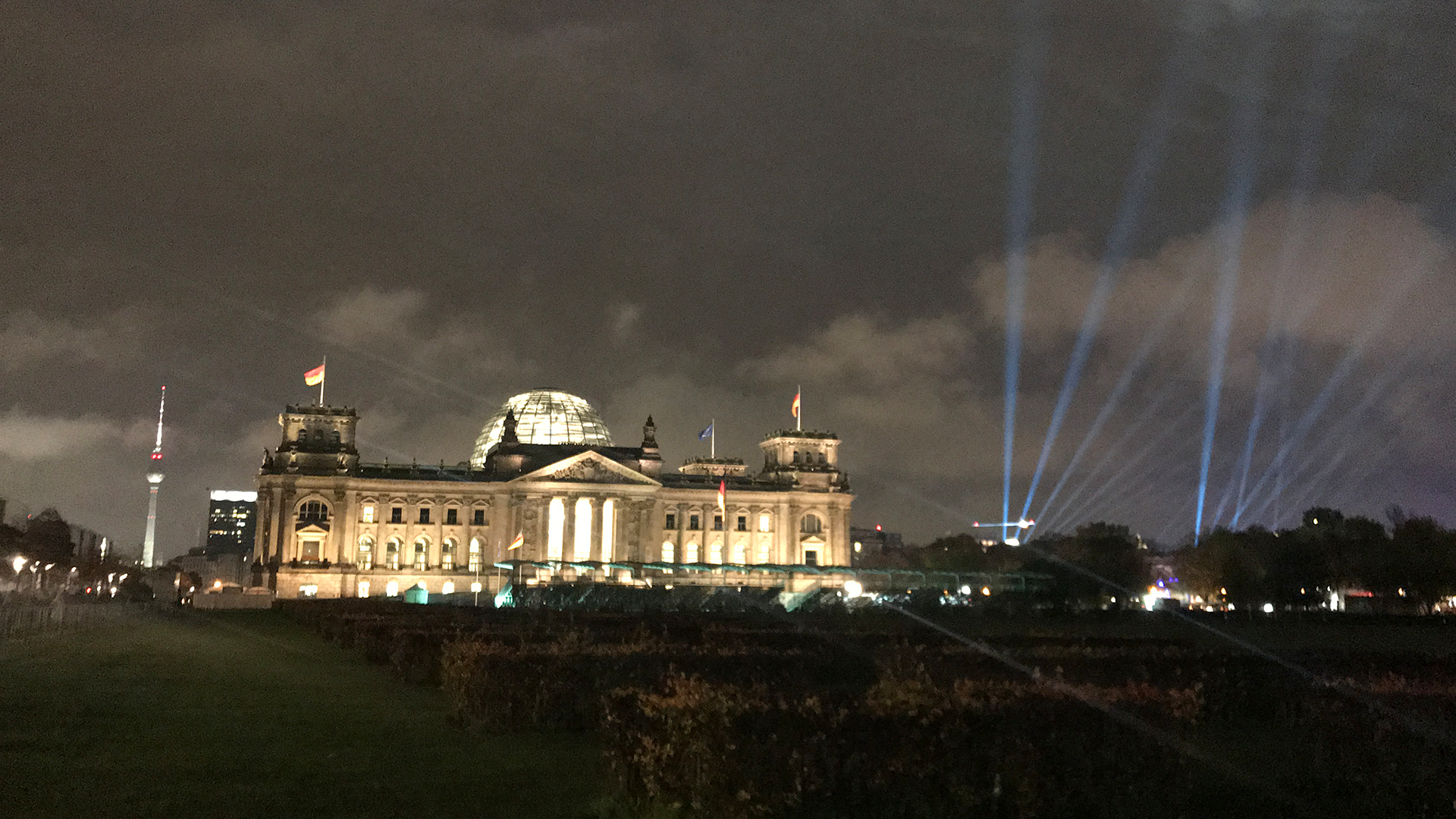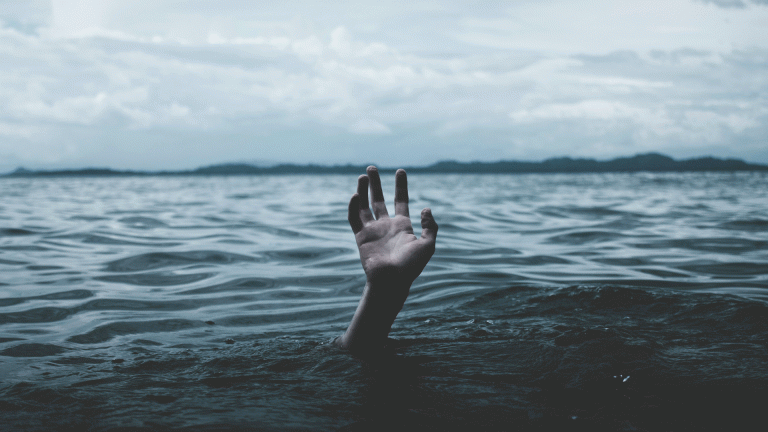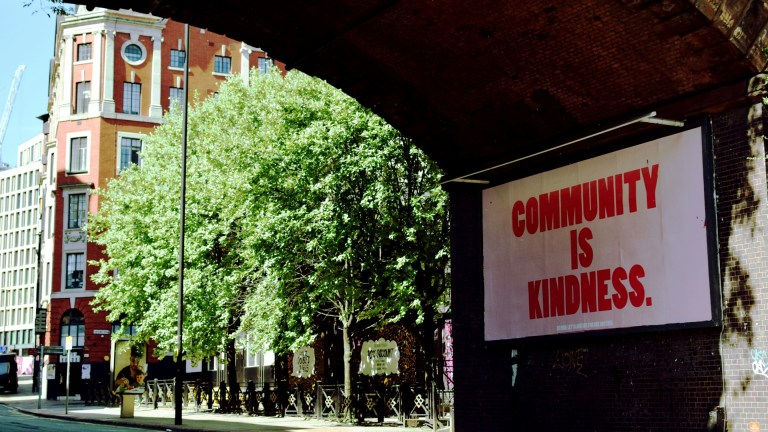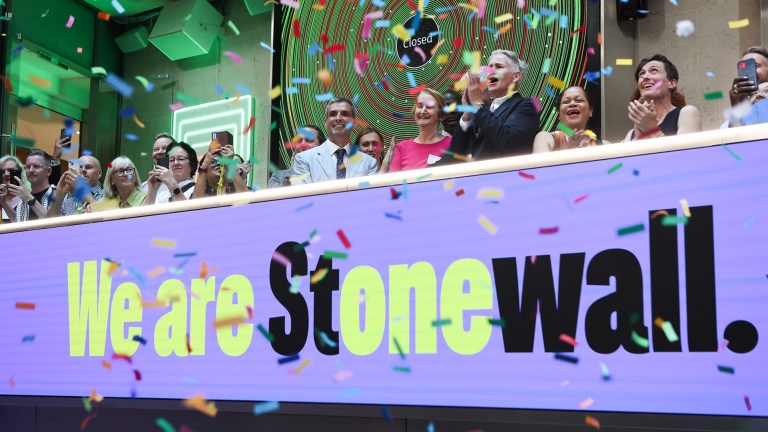I adopted the breezy Berliner approach to excessive beer consumption, a penchant for techno, and even a touch of Berliner Schnauze (the curt, brusque manner of speaking prevalent in the city). But it still didn’t feel like home.
Berlin lacks the friendliness of my hometown.
Its transport system has more than two lines, and to my initial horror, the supermarkets are closed on Sundays. All of these you eventually learn to take in your stride, but despite all best intentions, as you bumble your way around apartment viewings, doctor’s appointments and accountant phone calls with your mediocre German language skills and friends you’ve not really chosen but instead been flung together with, it can still feel incredibly isolating.
You don’t really belong here, do you?
History permeates every corner of Berlin. They don’t hide from it. It lines your commute to work. You stumble across brass markers of where Jews once lived, and even street names stand as a constant reminder of what once happened here. You can pore over every book on Berlin (of which there are many); you can visit every museum and monument (of which there are plenty); you can hunt down dyed-in-the-wool Berliners (of which there are few), but an extensive knowledge of the city and the wall that once stood tall does not a Berliner make. It just makes you an uncomfortably foreign swot.
Convinced that I’d regret not attending the celebrations I headed to the city
An unassuming section of the wall remains behind my apartment building. Platz des 9. November 1989 sits on Bösebrücke, a bridge marking one of 12 checkpoints crossing the border of a divided Berlin, and the first to open on that night that saw thousands of East Germans pour into the west. Convinced that I’d regret not attending the celebrations I headed to the city, passing the checkpoint, something I do almost daily without acknowledgement.
Advertising helps fund Big Issue’s mission to end poverty
Berliners toasted with champagne and Gluhwein at the Platz. Among them, Americans, Brits, Italians, and many others. A German man held aloft for the gatherers a Berliner Zeitung paper from November 10. ‘Berlin ist wieder Berlin’ the front page read. Berlin is Berlin again.
Enough to bring a lump to your throat, for some. But it was only when Syrian aid worker Sarah Mardini took to the globe-filled stage at Brandenburger Tor, where I and 100,000 people flocked that evening, that my eyes began to sting. Mardini spoke the only words I’d really properly understood all evening.
“Because of the union of the people, the faith to fight for freedom, myself and refugees like me have a chance to call a new place home,” She said.
The freedom Mardini speaks of is one I had taken for granted.
“Because of your fight for freedom, your faith for freedom, I have freedom again.”
The freedom Mardini speaks of is one I had taken for granted. It’s a freedom that had been forgotten, until it stared me down in the streets I walked every day. An uncomfortable freedom, that makes itself known with every corner turned and with every laborious, stumbling pidgin German conversation. A freedom that I felt I hadn’t earned, and a freedom that, by not embracing it, was holding me back from feeling at home.
The 104-mile long wall has now been gone longer than it stood, but its stifling, suffocating hold was so strong that today even people like me, who have no memory of its physical presence, can still feel its shadow.
Advertising helps fund Big Issue’s mission to end poverty
As a spotlight shines on my freedoms – as a woman, as a European, as a journalist – I have learned to be grateful now more than ever, for the fall of a wall that I never witnessed.
Maybe it’s time to finally embrace my freedoms.











